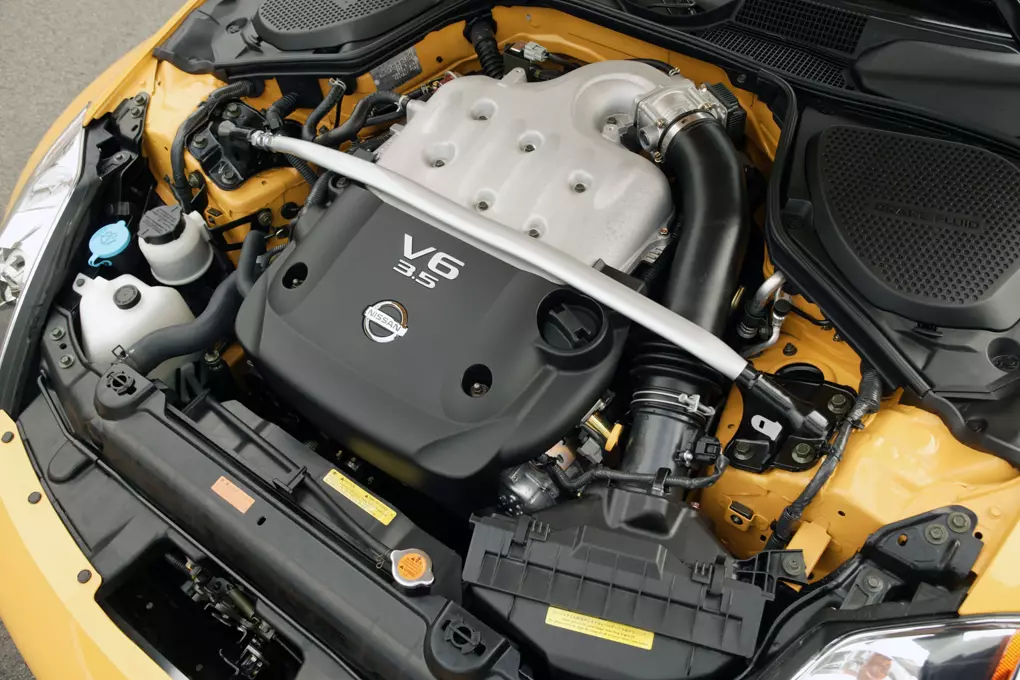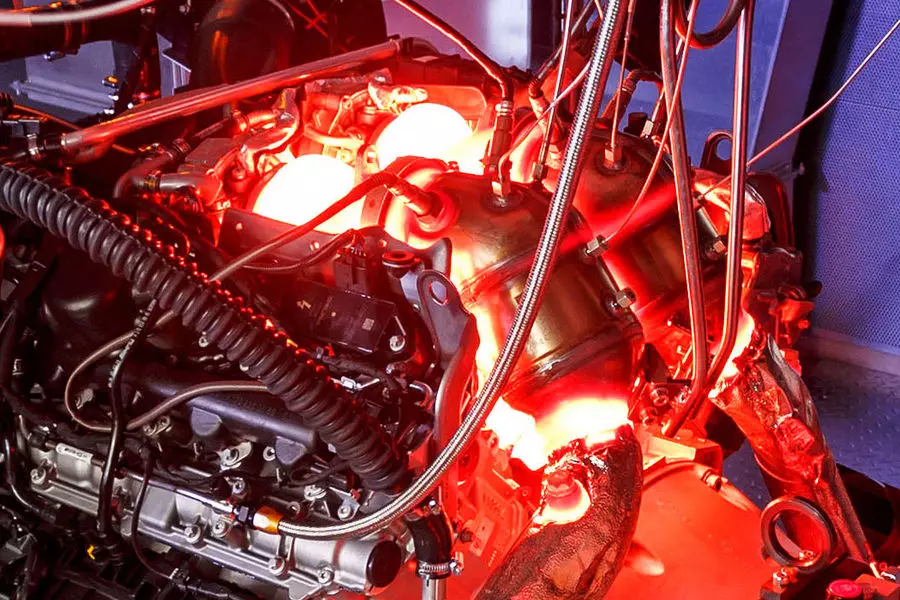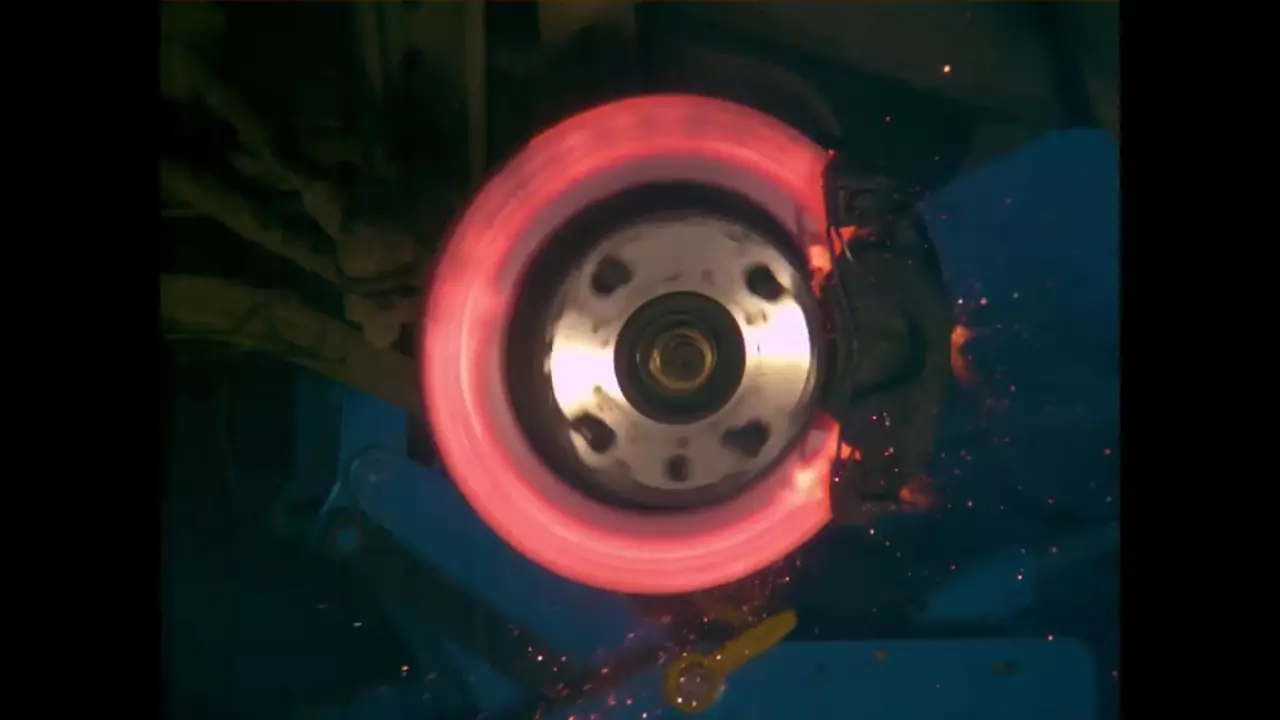Contrary to what many people might think, the reliability of a car is not just dependent on the quality of construction and the material used in certain components.
The type of use and the care that drivers put into driving also contribute significantly to the car's longevity. That's why there are 10-year-old cars that look new and others, with fewer kilometers and fewer years, that look like victims of bullying.
There are a series of breakdowns, problems and unnecessary expenses that can be avoided, just by being more careful on the part of the owners. Behaviors that in the short term seem harmless but that in the long term present a very onerous bill, whether at the time of repair or even when selling.

With this in mind, we've put together a list of 10 behaviors that can help you prolong the life of your car and avoid inconveniences when facing a workshop.
do not pull the engine
In most engines, the ideal operating range is between 1750 rpm and 3000 rpm (in gasoline engines it extends a little more). Riding below this range causes unnecessary stress on the engine, as it is more difficult for mechanics to overcome dead spots and mechanical inertia. Driving at low speeds also promotes the accumulation of debris in the engine's internal components.Do not wait for the engine to warm up
It is another habit that promotes premature engine wear. Stressing the engine before it reaches its normal operating temperature has serious implications for the correct lubrication of all components. Furthermore, because not all engine components are made from the same materials, not all of them heat up at the same time.
Waiting for the engine to warm up before traveling on reduces friction and increases component life expectancy. We don't need to wait for the engine to warm up to start traveling, in fact, it will heat up more quickly when on the move. It's a good idea to do it in a regulated manner, without abusing the rotations or the right pedal — thanks for the tip, Joel Mirassol.
Accelerate to warm up the engine
Something that was very common a few years ago but is seen less and less: absurdly accelerating the engine before starting to warm up the engine. For the reasons we announced in the previous item: don't do that. Engine is not hot enough to reach high revs.Failure to respect maintenance and oil change intervals
It is one of the most critical points in the correct use of a car. Respecting the maintenance intervals indicated by the manufacturer is essential. Like mechanical components, oil, filters and other belts also have a certain validity. From a certain point onwards, they cease to fulfill their function correctly. In the case of oil, it stops lubricating and in the case of filters (air or oil), it stops… that's right, filtering. In this regard, it takes into account not only the mileage covered but also the time between each intervention.
Rest your foot on the clutch pedal
One of the most recurrent failures due to misuse occurs in the clutch system. Always depress the pedal to the end of its travel, change the gear engaged and completely remove your foot from the pedal. Otherwise there will be contact between the transmission and the movement promoted by the engine. Result? The clutch wears out more quickly. And since we're talking about the clutch, we also take this opportunity to warn that the right hand must not rest on the gearshift lever so as not to force the gearbox rods (the parts that tell the gearbox which gear we want to engage).Abuse of the fuel reserve limit
In addition to increasing the effort that the fuel pump has to make to carry the fuel to the engine, leaving the tank practically dry causes the residues that accumulate at the bottom of it to be pulled into the fuel circuit, which can clog the fuel filter. fuel and clog the injectors.
Do not let the turbo cool down after the journey is over
In car mechanics, the turbo is one of the components that reach the highest temperature. Contrary to what is normal, we must wait a few seconds with the engine running after stopping the car (or a minute or two, if driving has been intense) for the lubrication to progressively cool the turbo. Turbos are not cheap components and this practice considerably increases their longevity.

Do not monitor tire pressure
Driving at very low pressures increases uneven tire wear, increases fuel consumption and puts your safety at risk (longer braking distances and less grip). From month to month you should check your tire pressure.Devaluing the impact on rides and bumps
When you go up a curb or overspeed over a hump, it's not just the tires and suspensions that suffer. The entire structure of the car suffers from the impact and there are components that can wear out prematurely. The wishbones, engine mounts and other components of the car's suspension are expensive elements that depend a lot on our driving style to remain functional for longer.
Repeatedly abuse the brakes
It's true, the brakes are for braking, but there are alternatives. On descents, you can replace your foot on the brake with a lower gear ratio, thus slowing down speed gain. You tend to anticipate the behavior of the driver ahead of you and avoid sudden or long-term braking.

These 10 behaviors won't guarantee that your car won't crash, but at least they reduce the chances of costly breakdowns and repairs. Share with that friend who doesn't take care of his car.
